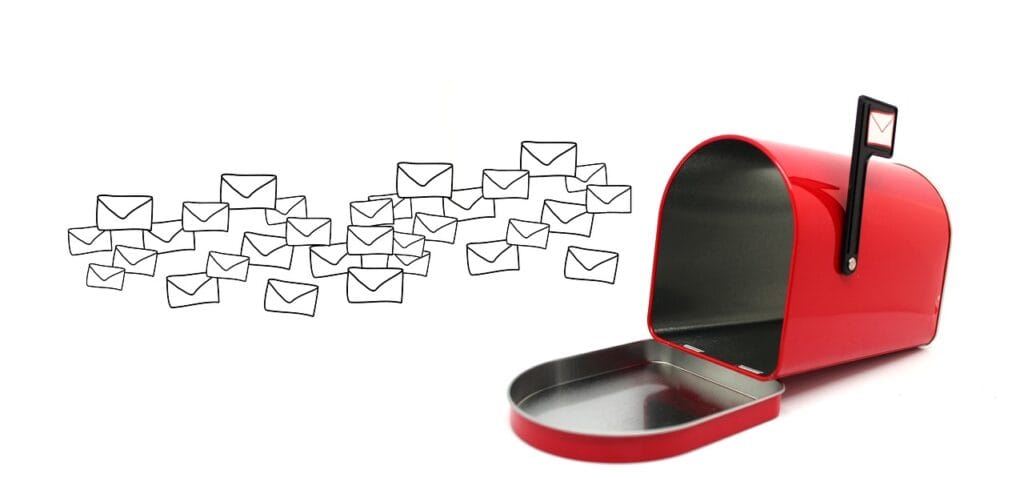Revolutionizing Customer Engagement with AI SMS Marketing

In the era of rapid digital communication, AI SMS marketing has emerged as a powerful tool for businesses to connect with customers in a personalized and effective manner. By leveraging artificial intelligence (AI) and customer data platforms (CDPs), companies can craft tailored messages that resonate deeply with individual users. This not only improves customer engagement […]
How AI Transforms Email Marketing: Personalization, Targeting, and Beyond
Email Marketing AI: Revolutionizing Campaign Strategies Artificial intelligence (AI) is redefining email marketing by enabling advanced personalization, segmentation, and targeting. These AI-driven strategies empower businesses to engage audiences with precision, boosting open rates, click-through rates, and conversions. This comprehensive guide explores how ai transforms email marketing, its benefits, and practical applications for modern businesses. How […]
AI-Powered Personalized Email Marketing

Email marketing remains one of the most effective tools for businesses to engage with customers and build brand loyalty. However, as inboxes become increasingly crowded, creating unique, targeted, and relevant campaigns is a growing challenge. Artificial intelligence (AI) offers a transformative solution by enabling personalized email marketing campaigns that resonate with individual customers. This article […]

